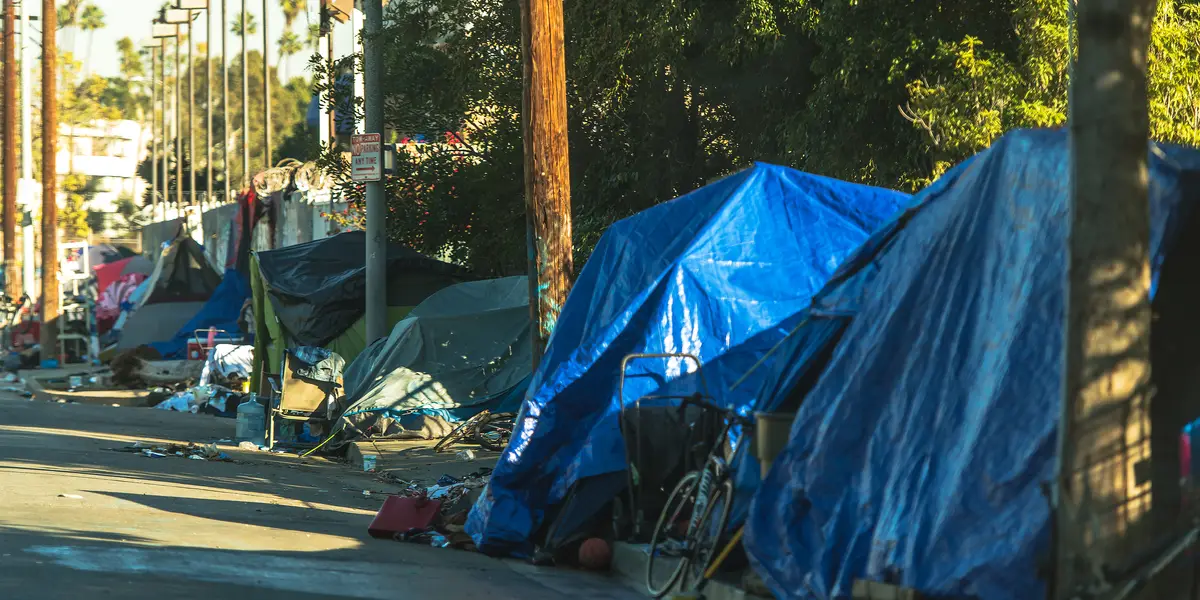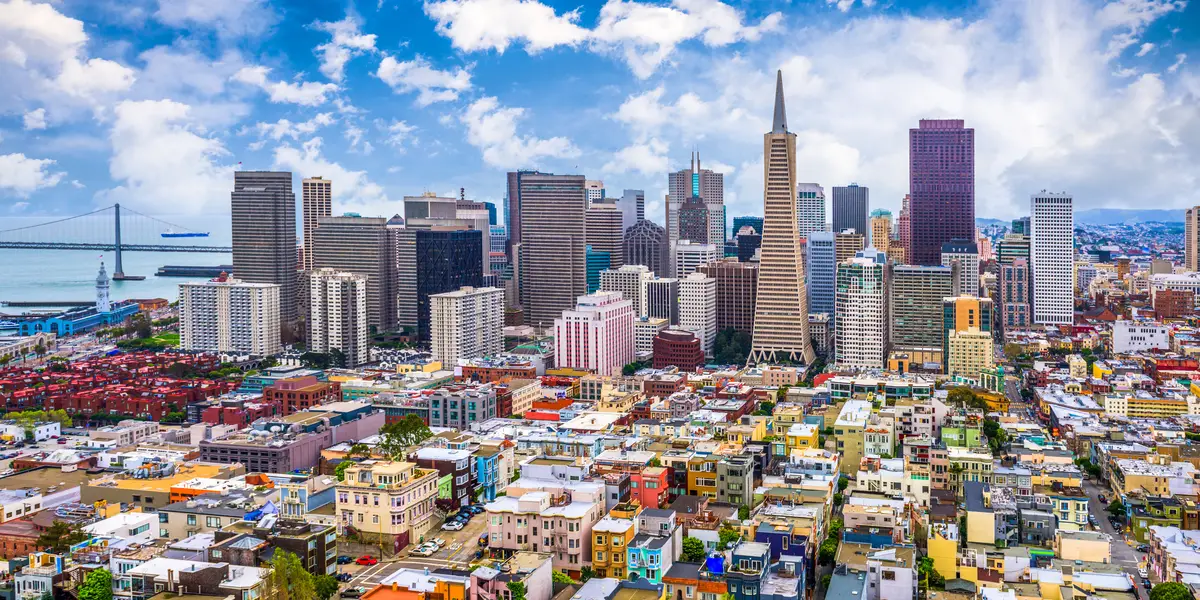On New Year’s Day, Eric Adams will become New York City’s 110th mayor, and just its second Black chief executive. He takes over a city that fashions itself the most progressive in the nation yet is still wrestling with major issues of inequity that continue to impact the lives of everyday New Yorkers. From COVID vaccinations, affordable housing and criminal justice issues to infrastructure, education and job opportunities, the block where someone lives continues to play too big a role in the New York experience.
But Mayor Adams has a unique opportunity to make long-needed changes that can be impactful for generations. He comes into office not demonizing businesses and law enforcement, but recognizing they can, and must, do much better in the critical push to make New York more equitable. He recognizes that to make needed improvements that will uplift communities, you need everyone at the table, not just one group or the other. The answer is not to further inflame longstanding divisions.
Business, law enforcement, government and communities must all be interconnected if we are to finally achieve equity — or at least make substantial progress toward it.
Out of the gate, if the city is to fully rebound from the COVID-19 public health crisis, it will require City Hall to work with many in communities of color to overcome long-held distrust of the medical community to boost vaccination rates. Roughly 81% of New York City residents have received at least one vaccination shot. But the rates vary widely from borough to borough and community to community. In Manhattan and Queens, 90% and 87% have received at least one shot, according to city Health Department stats, but the numbers are significantly lower in Brooklyn and the Bronx, 73% and 75%, respectively.
The new mayor will need to work with not just the medical and pharmaceutical professions to boost those numbers, but also everyone from labor union leaders, local elected officials, faith leaders, businesses and others. Increasing the numbers of those vaccinated will make more people less concerned about using mass transit, which will help businesses bring workers back, which will benefit everyone in the city.
Meanwhile, the May 2020 murder of George Floyd by a police officer in Minnesota again put the spotlight on racial inequities within law enforcement that were felt across the nation. This is an issue Adams knows about all too well. During his time as an NYPD officer, Adams tried to address the issue from within, forming the group 100 Blacks in Law Enforcement Who Care.
But as big a critic as he has been in speaking out against generations of institutionalized racism within the NYPD, he also knows the answer is not stripping the police of the ability to do their job. It’s about building more trust between police and the communities they serve and holding bad cops accountable. Black and Brown people should not have to fear those charged with protecting them.
It’s a balance, and one that Adams is prepared to deal with in a meaningful way, not just with rhetoric. While he tried to make changes within the NYPD, as mayor, he’ll have an even bigger opportunity to shape the department and how it’s run to make sure it operates fairly and equitably for all communities — while at the same time ensuring the city remains safe.
A similar challenge lies with the billions of dollars in infrastructure money that will flow into New York from the federal government. For decades, underserved communities in New York have been greatly harmed by infrastructure policies that favored affluent areas. Such examples include lowering the bridges on roads leading to Long Island beaches so buses from urban areas couldn’t travel there or dividing the Bronx with the Cross-Bronx Expressway.
Like U.S. Transportation Secretary Pete Buttigieg, Adams has vowed to tackle the “racism built into our infrastructure.” To do so, he is first going to have to ensure federal money makes its way to underserved communities, and then that the communities are properly engaged so major concerns can be addressed before they become big problems.
Adams appears prepared to take a similar approach in dealing with the business and real estate communities. It’s not just enough to encourage investments in long-ignored communities, but corporations need to do a better job at partnering with those within the community. It not only builds trust, but, when done authentically, also helps avoid opposition that can delay or destroy critical projects.
Engagement is the underlying theme running through the biggest challenges Adams will face once he takes office. Whether it’s dealing with businesses, law enforcement, affordable housing projects or education changes, the answers won’t lie with sermonizing, demonizing, or furthering longstanding tensions and divisions. And it won’t be solved with a top-down approach.
The path to successful, long-lasting and meaningful change starts with being actual partners with those in the communities they serve.




